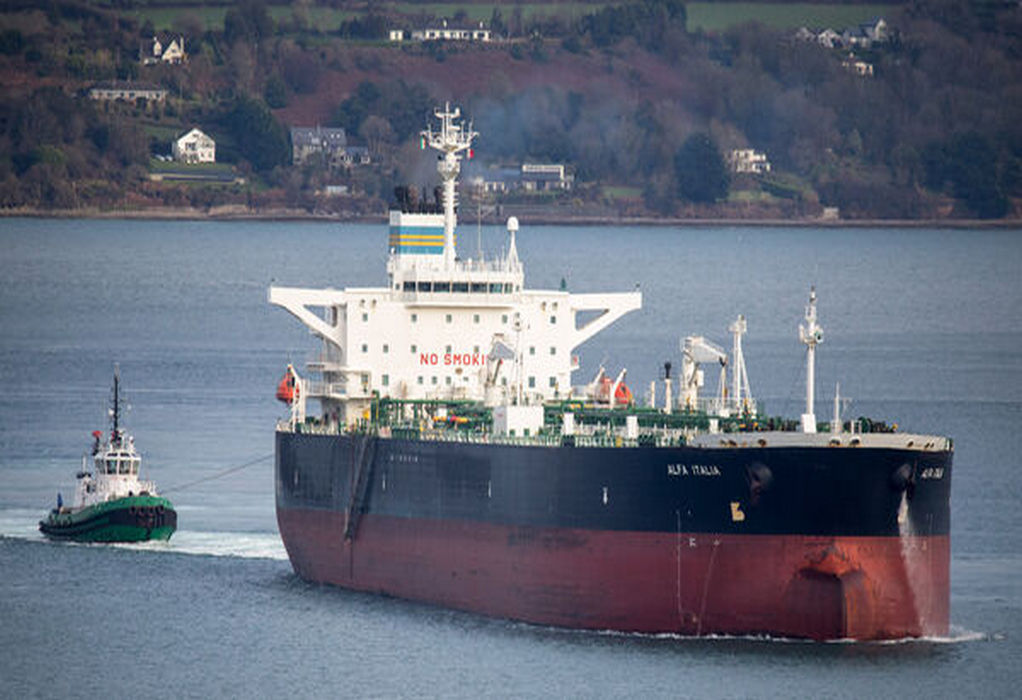AIRCOAT has developed a new foil that creates a passive air layer for ship hulls that makes them more fuel efficient and environmentally friendly. The passive air lubrication technology coats the ship hull with a thin and permanent layer of air when it is submerged in water. This reduces drag, and is also expected to reduce fouling since organisms tend not to settle on layers of air. Additionally, the approach does not make use of toxic substances to decrease biofouling, so harmful chemicals are not released into the water.
The AIRCOAT solution was inspired by Salvinia molesta, a free-floating aquatic fern that forms a permanent layer of air on its surface under water. “It was amazing to understand the mechanism, how the plant keeps a layer of air under water and to produce first artificial air-keeping samples in our lab – which by the way still are keeping the air layer even after years under water,” notes Prof. Thomas Schimmel of AIRCOAT project partner Karlsruhe Institute of Technology, Germany, in a press release.
The AIRCOAT team presented the final results of 4 years of research at the Oceanology International Ocean technology trade show held in London in March 2022. Johannes Oeffner of AIRCOAT project coordinator Fraunhofer Center for Maritime Logistics and Services, Germany, describes the team’s achievements in the press release: “We’ve developed production lines and testing facilities, produced kilometres of foil, coated a research vessel and applied a test patch to a container ship, performed a vast number of calculations and simulations and spent many hours with hydrodynamic and biofouling experiments.” The small research vessel in Malta and the container ship in Romania were used in the two experiments conducted in real maritime environments to gain insight into the production and application of air-retaining surfaces.
AIRCOAT (Air Induced friction Reducing ship COATing) has also published a policy brief highlighting the need for ship resistance reduction measures to lower maritime shipping emissions and for funding cycles that take into account real-world testing conditions for the bio-inspired green technology. The project ended in April 2022.
Source: https://cordis.europa.eu/
Tags: AIRCOAT, Fuel Efficient, Layers of Air, Reduces Drag, Ship Hull

Recent Posts
GCMD completes biofuel supply chain trials with Hapag-Lloyd
Airbus partners with Avolon on hydrogen aviation
Nuclear power transition more safe option for decarbonisation than coal
ABS presents industry’s first advisory on ammonia bunkering
AW Shipping orders multiple dual-fuel vessels from China
HIF Global partners with Airbus to advance development of SAF
ASL Aviation signs agreement with ZeroAvia for retrofit
AM Green plans to invest $1 bn to set up 2G biofuel plants